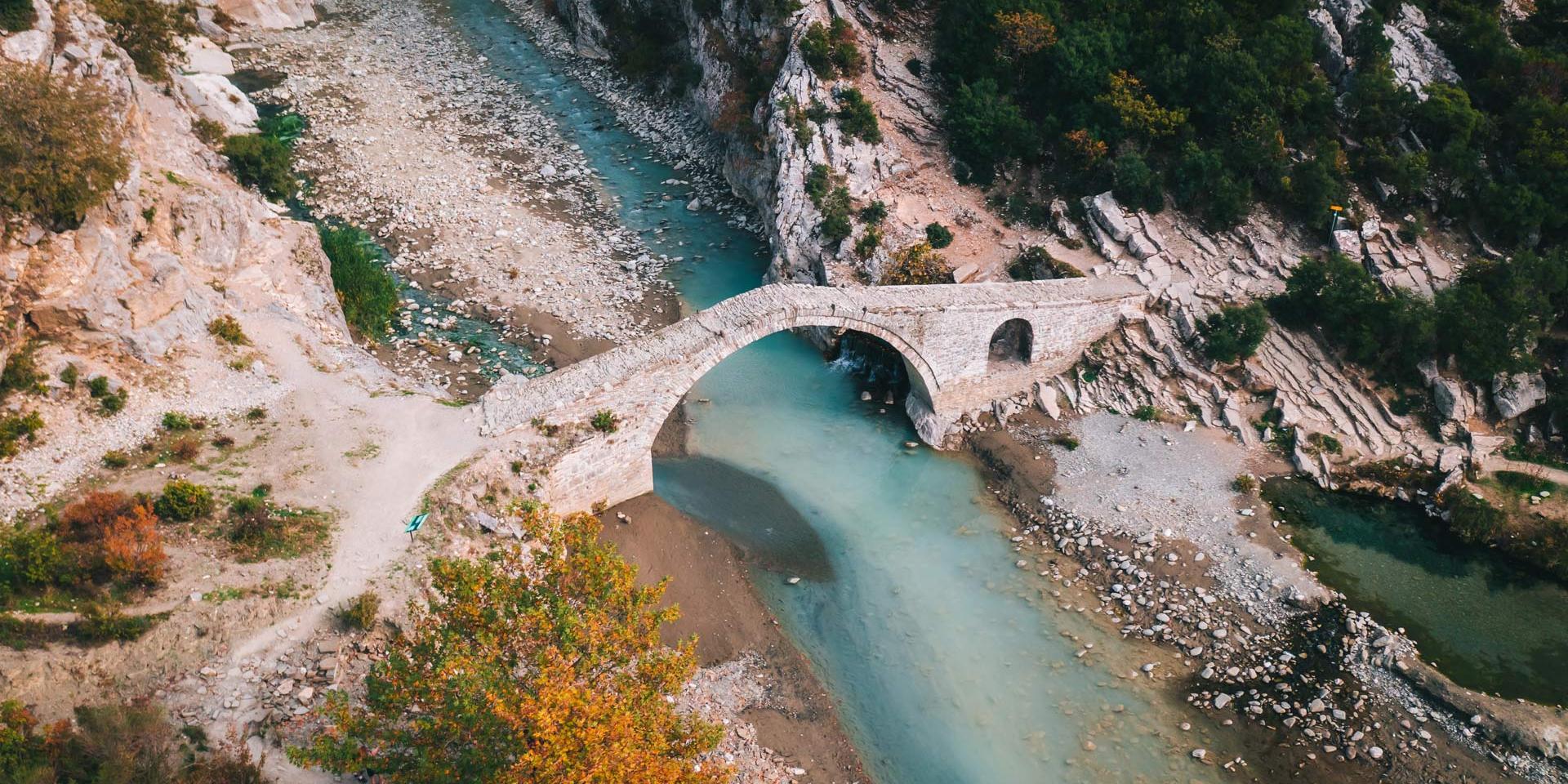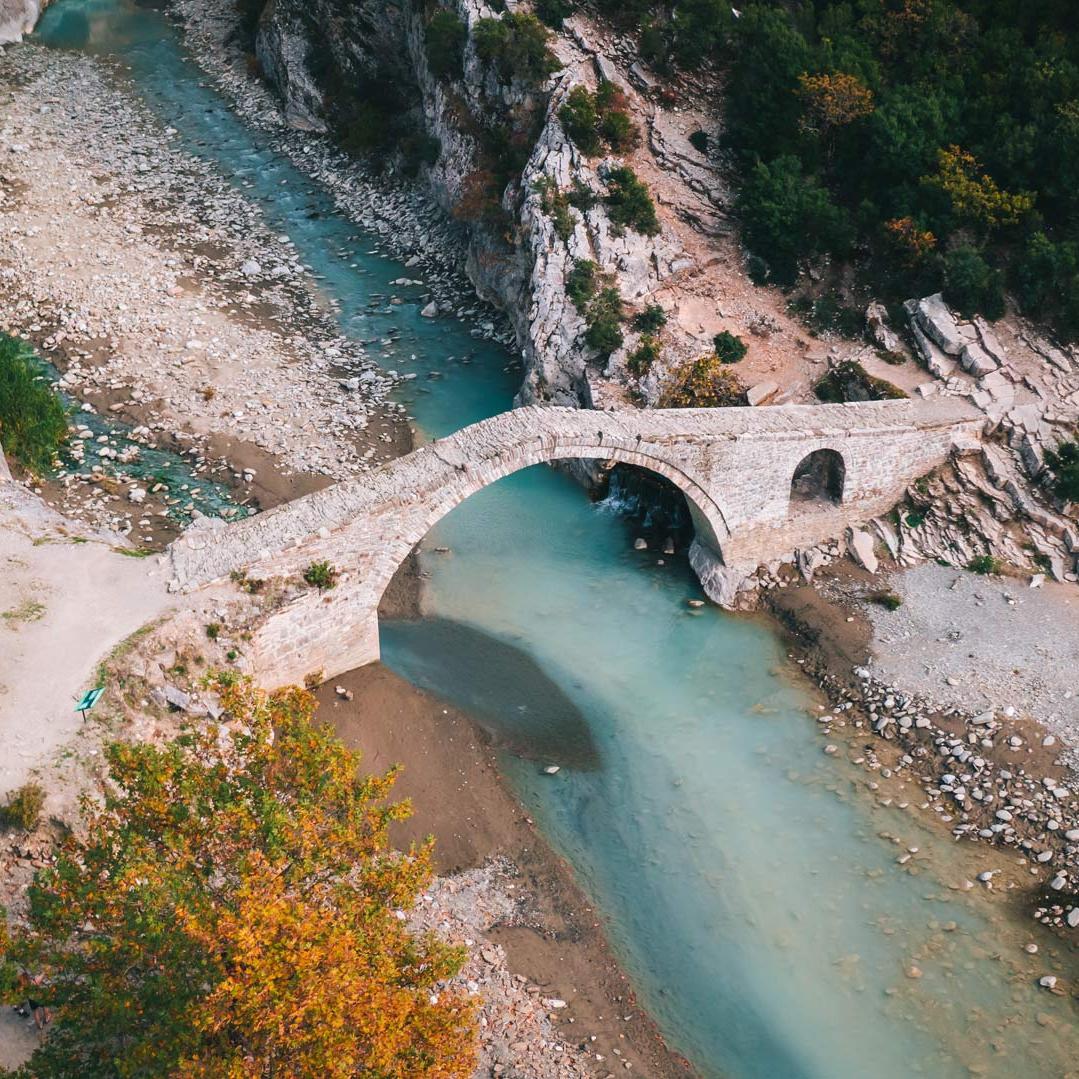Volunteering
Volunteering with EuroNatur
We campaign for transboundary nature conservation in Europe and, to do this, we work closely with organisations based in the countries concerned. EuroNatur does not have its own volunteering arrangements in those countries.
However, there are a number of different ways you can use your own skills to make a contribution for Europe's nature. We have put together some suggestions of the types of voluntary activity you could undertake, most of which you could do in your usual environment. Although many of the activities on offer do not involve any long-term commitment, others do require continuity. Click here to find out how you can get involved with EuroNatur.
Volunteering with other organisations
For practical work in the field, it is best to join a nature conservation organisation in the area where you live. These organisations are always in need of an extra pair of hands; people who help out on a regular basis are constantly learning and so their efforts become all the more valuable. If you are available for a long period of time, it is also worth getting involved in more challenging tasks. Being closer to home also saves on costs for travel, accommodation and meals. That’s why our partners in the EuroNatur project areas prefer to work with people based in the same region.
Nevertheless, there are also situations where volunteer helpers or interns are in demand, both with EuroNatur partners and elsewhere. On this page, we provide you with some relevant hints and tips. Please contact the respective project partners directly if you are interested in applying for any of them.
Wishing you lots of fun and many rewarding experiences!
Germany
“Ehrensache Natur – Freiwillige in Parks” (Nature, a Matter of Honour - Volunteers in Parks)
This is the volunteer programme of the Nationalen Naturlandschaften (National Natural Landscapes - national parks, nature parks and biosphere reserves). It offers the opportunity for people of all ages to get involved in nature conservation and environmental education projects across Germany. Assignments are agreed individually and range from one-day projects to work which can last several months. Further information at: www.ehrensache-natur.de (website available in German only).
“Freiwillick Grün - das Ehrenamtportal für Umweltschutz” (Voluntarily Green - the Volunteer Portal for Environmental Conservation)
More and more Berliners are showing an interest in volunteering their knowledge and experience in a variety of areas of society. Many environmental and nature conservation institutions in Berlin are also benefiting from this, as the support they receive helps them to achieve their objectives. The Koordinierungsstelle Ehrenamt (Volunteer Coordination Centre) supports Berlin’s nature and environmental protection institutions by providing volunteers at all levels. Further information at: https://www.freiwillickgruen.de/ (website available in German only).
Italy
“Le Piccole Terre” is the name of an organisation representing small farms on and near Mount Etna. The farms produce high-quality organic olive oils whilst also respecting nature conservation principles. The non-profit National Association of Giacche Verdi together with the Manfred-Hermsen-Stiftung, offers young German volunteers the opportunity to do voluntary work in Sicily.
Greece
Archelon (Sea Turtle Protection Society of Greece) needs a lot of helpers (aged 18 and over), including scientific personnel, to help them with sea turtle conservation work in Greece. Help is needed from 1 May to 31 October each year on Zakynthos, Crete and the Peloponnese. The Society also needs volunteers throughout the year to work at the Archelon Centre for injured turtles in Athens. English is required. Volunteers should note that placements will last at least four weeks. Further information at: www.archelon.gr. Email: volunteers(at)archelon.gr
Slovenia
A large number of volunteers have proved invaluable in helping our partner organisation DOPPS-Birdlife Slovenia carry out its work. Bird counts, environmental education and biotope maintenance activities make up the majority of the volunteer tasks available. In 2011, DOPPS-Birdlife Slovenia was officially awarded ‘volunteer organisation’ status. Further information at: https://www.ptice.si/en/about/volunteer/
Poland
To apply for a wolf internship in Poland, please contact: Professor Dr Wlodzimierz Jedrzejewski, Scientific Deputy Director, Mammal Research Institute, Polish Academy of Sciences, 17-230 Bialowieza. Applicants should have very good English and, if possible, have already completed at least part of a science degree.
International research projects
Earthwatch carries out environmental protection and nature conservation research worldwide. Young people (18 years and above) and adults can work as volunteers on the projects, whether they wish to pursue an academic career in a natural science subject or simply do something completely different and experience the daily routine of research in the field. Volunteers pay for their own living expenses as well as making a contribution for costs which, in turn, helps to finance both the respective research project and the organisation as a whole. School pupils and students can receive scholarships. Volunteers are selected for scholarships based on their motivation as well as their intentions for passing on the experience they gain from the project. Good English is essential. Information is available at https://earthwatch.org.uk/ or by writing to Earthwatch Europe, 267 Banbury Road, Oxford OX2 7HT, United Kingdom. A free annual catalogue is available on request.
Arcatour is a Swiss agency dealing with eco-volunteer programmes for young people (18 years and above) who want to work on a nature conservation project. Good English language skills are required. Participants must be interested in conservation work, but do not need to have had formal training in biology or a similar discipline. The duration of volunteers’ participation will vary from project to project. It is possible to register for some projects all year round, but for others registration is only available during the summer months. For most projects it is possible to participate for as little as 2 weeks. For programmes and other information go to: www.arcatour.ch (website available in German only).
Further tips
The portal for flexible and worthwhile volunteering www.wegweiser-freiwilligenarbeit.com/about-us/ offers an extensive project database, background information and tips. It also provides information about increasingly rare FÖJ (Voluntary Ecological Year) opportunities abroad as well as alternatives in regulated voluntary services. The portal’s founder worked abroad during a placement at EuroNatur.
The platform www.greenjobs.de (available in German only) shows you numerous listings for voluntary work all over Europe. This includes internships, jobs and work camps in environmental protection and nature conservation.
Stiftung Naturschutz Berlin (Berlin Nature Conservation Foundation) is looking for committed people of all ages and backgrounds for its pilot project "Intergenerational Ecological Volunteer Service". Participants in this project are placed in suitable nature conservation and environmental protection jobs, given attractive further training opportunities and paid a monthly allowance. Information at: www.stiftung-naturschutz.de (website available in German only).
The Wissenschaftsladen Bonn (Bonn Science Shop, WILA) also offers practical and affordable assistance in finding a job abroad (including in nature conservation). If you want to have a real chance in the employment markets abroad, you need to be familiar with the formalities involved. Information at: www.wilabonn.de
The Freiwilliges Ökologisches Jahr or “FÖJ” (Voluntary Ecological Year) offers young people between the ages of 17 and 26 (also from the age of 16 in exceptional cases) the chance to gain an insight into ecological professions before starting a course of study or training. For certain training courses, this is recognised as a pre-study internship or work placement. Information about the Voluntary Ecological Year (FÖJ) can be found at: foej.de/
A recommended read for those interested in volunteering on nature conservation projects abroad is the handbook “Jobben für Natur und Umwelt” (Working for Nature and the Environment - price €15.90). The handbook provides information on around 200 projects and organisations worldwide and can be ordered from the EuroNatur-Shop (available in German only).
The Wegweiser Bürgergesellschaft (Guide to Civil Society) provides reliable information on democracy, civic engagement and citizen participation. Here you will find practical tips and work aids for anyone volunteering in groups and initiatives as well as information on (current) state and nationwide civil society competitions and funding awards (website in German only).




